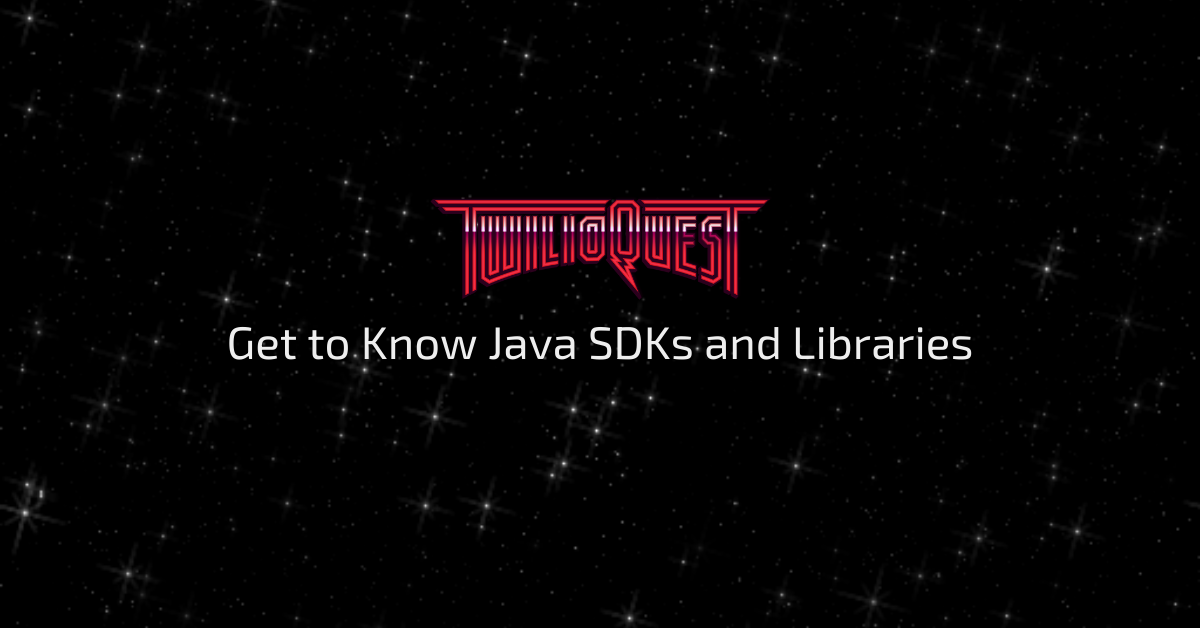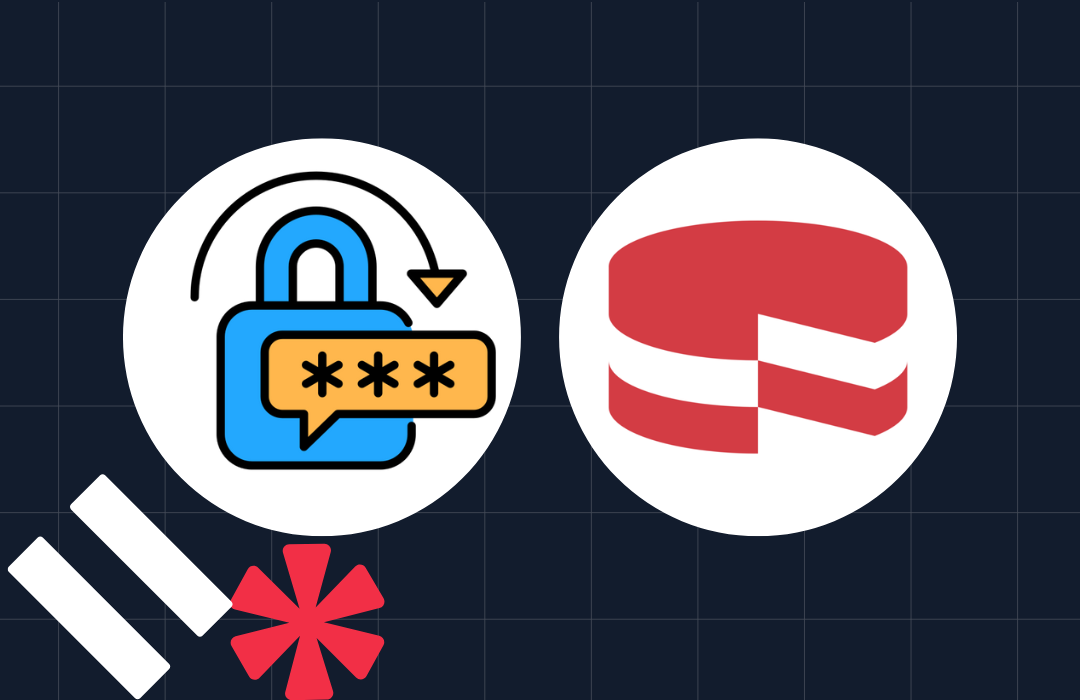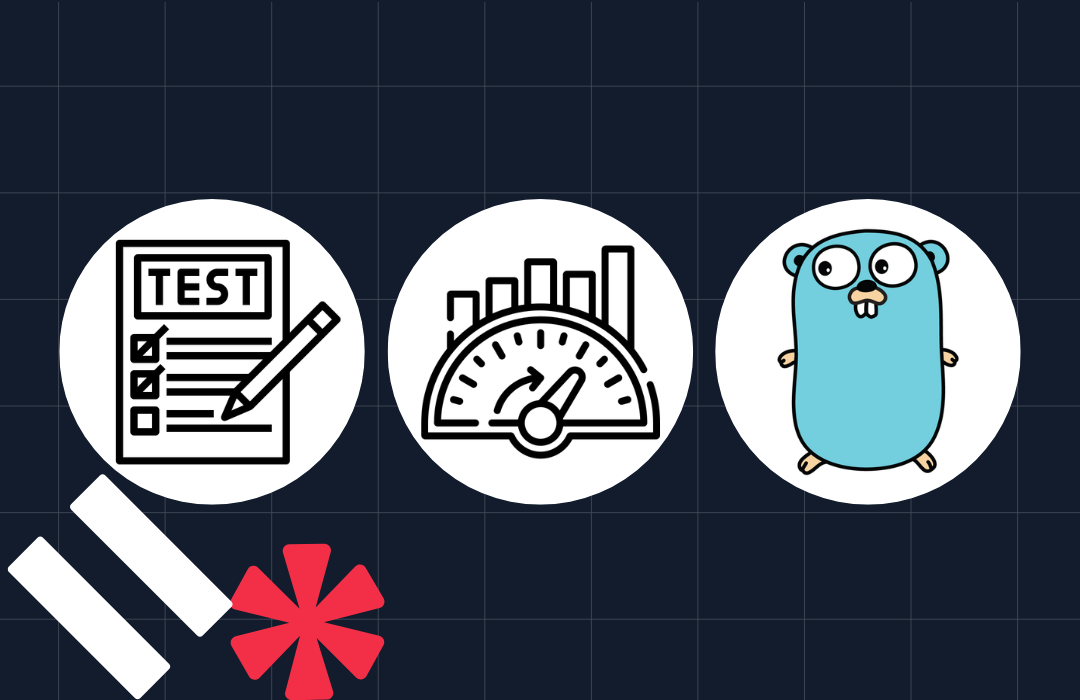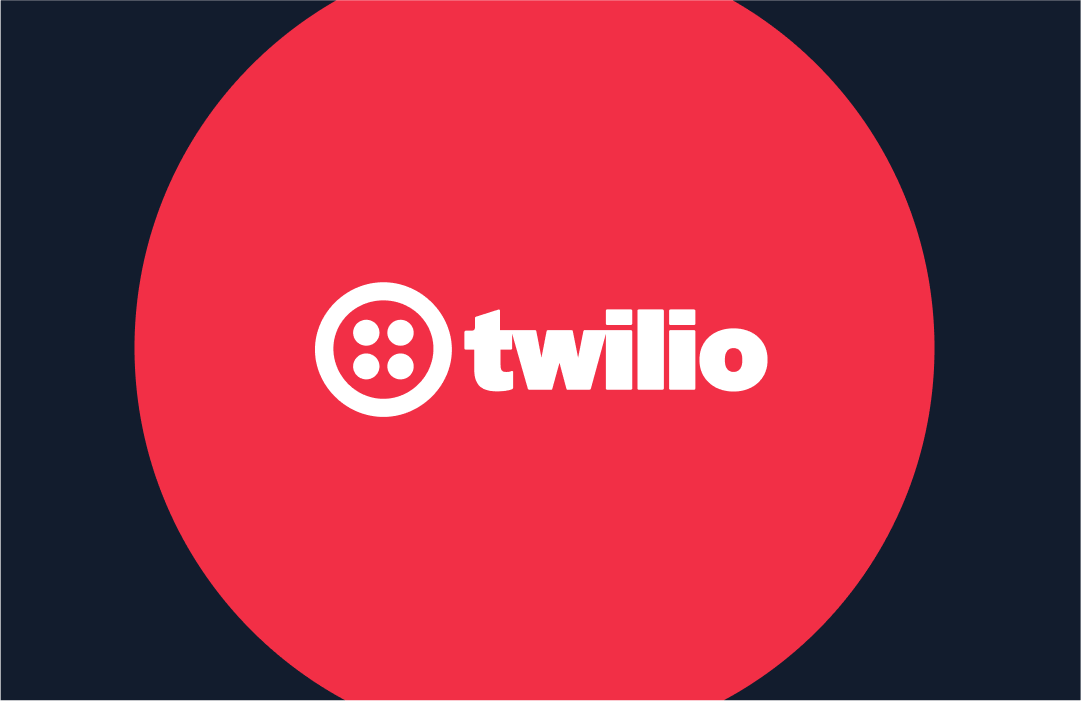Get to Know Java SDKs and Libraries
Time to read: 4 minutes

Ahoy, operator. Congratulations on gaining acceptance into the Arcane Academy of API Arts. I’m Professor Taifa Omar Warsame, head of House Turing. In House Turing, we believe that code is for people. If code isn’t human centered - if it’s not helping people have fun, work smarter, or live better, it’s not that interesting. That’s why, in House Turing, we love SDKs and helper libraries. They help make working with APIs easier and more readable for the humans behind the code.
For creatives such as myself, writing code can be a form of art and expression. It's another medium to bring ideas to life, whether it be a data visualization or small click based game run on the web browser.
The possibilities are endless once you know how to code and utilize some open source tools such as SDKs and libraries on the web to make your development process more efficient and productive.
In this article, you will learn about different software development kits (SDKs) and libraries that you can use in your next project.
Prerequisites
- Your wand.
- Some prior knowledge of Java or a willingness to learn.
The importance of using SDKs and libraries
It's likely that you have utilized libraries before, especially when learning how to program in languages such as Java. Libraries are essentially packaged code that you can reference and reuse throughout your projects.
Java offers internal libraries such as java.util so that you can implement data structures and use its functions without having to write extra code or build from scratch. It's meant to help you in your journey as a developer. java.lang and java.math are some other libraries that might be familiar to you when learning the Java language.
Software development kits (SDKs) consist of tools used to create a specific application or program on a chosen platform, not exclusively to Java developers. There is a lot more involved in putting together an SDK, or collection of tools and resources, for developers to use.
There are different kinds of SDKs depending on the project you want to work on. An iOS developer would work with an iOS SDK while an Android app developer would work on the respective Android SDK. Both app developers have their own environments and tools to work with so that they can bring their projects to life.
Utilize the APIs
As a programmer, you want to be able to save as much time as possible by having the tools readily available at your fingertips. This includes having sufficient documentation or various APIs to integrate into your project.
Most SDKs include some APIs and documentation on recommended APIs to help you accomplish your goal and solve your problems.
Learn about the Twilio SDK
If you are new to Twilio get your free account now! If you sign up through this link, Twilio will give you $10 credit when you upgrade.
Twilio supports its own Java helper library so that developers such as yourself can integrate Twilio's products and services seamlessly into your Java project.
There is also a GitHub repository to communicate with the Twilio team by opening an issue or pull request to improve the library.
To install SDKs such as Twilio's, you would have to include the respective dependencies to the pom.xml or build.gradle file.
For Java developers that use Maven, add the following snippet to the pom.xml dependencies list:
For Gradle developers, add the Twilio dependency to the build.gradle file:
Other SDKs that you discover and want to use will require similar instructions.
Now that you have the Twilio SDK included in your Java project, you can refer to the Twilio docs to explore the selection of APIs available to use without having to understand how to implement certain functionalities. You can go ahead and start initializing clients and calling objects and their methods to make phone calls and send SMS.
It is also important to note that when you're working with an SDK such as Twilio, you will have to learn how to secure your environment variables so that you can utilize the API. You can read more about setting up environment variables for the IntelliJ IDEA on the Twilio blog.
Use Java libraries to interact with the web
In order to build interactive web applications, you will need to make HTTP requests. The java.net.http library offers a way to connect to an HTTP client so that it's possible for you to send requests and retrieve responses that you desire.
Here are 5 ways for you to make HTTP requests in Java.
Once you have your Java project set up, you will want to consider the next steps such as deploying the application. Although it's neither an SDK or library, Alex Laird's ngrok wrapper provides the code and documentation for you to use ngrok and publicly expose your application on an ngrok domain.
You can read more about deploying a Java Spring Boot application with ngrok on the Twilio blog.
Learn about debugging libraries
I'm not kidding when I say that SDKs and libraries are there to help your development process be more bearable. There are libraries that assist you in finding bugs by providing tests for you to integrate into your project.
JUnit 5 is a popular framework that works across different platforms, whether you are a Java developer working with Gradle, Kotlin, Maven, or Ant. You can read more about how to write testable code and effective unit cases using JUnit 5.
Mockito is another popular unit testing library that allows you to practice behavior driven testing and test driven development. The intention is to create mock objects, otherwise known as stubs, to test specific units of functionality in your application.
What's next for building with Java SDKs and libraries?
Congratulations on learning about the important use cases of SDKs and libraries, operator!
When it’s time to be placed into a House at the Academy, I hope you’ll channel what you’ve learned here and embrace the magic of House Turing.
Download TwilioQuest to begin your studies immediately!
Diane Phan is a software developer on the Developer Voices team. She loves to help programmers tackle difficult challenges that might prevent them from bringing their projects to life. She can be reached at dphan [at] twilio.com or LinkedIn.
Related Posts
Related Resources
Twilio Docs
From APIs to SDKs to sample apps
API reference documentation, SDKs, helper libraries, quickstarts, and tutorials for your language and platform.
Resource Center
The latest ebooks, industry reports, and webinars
Learn from customer engagement experts to improve your own communication.
Ahoy
Twilio's developer community hub
Best practices, code samples, and inspiration to build communications and digital engagement experiences.


